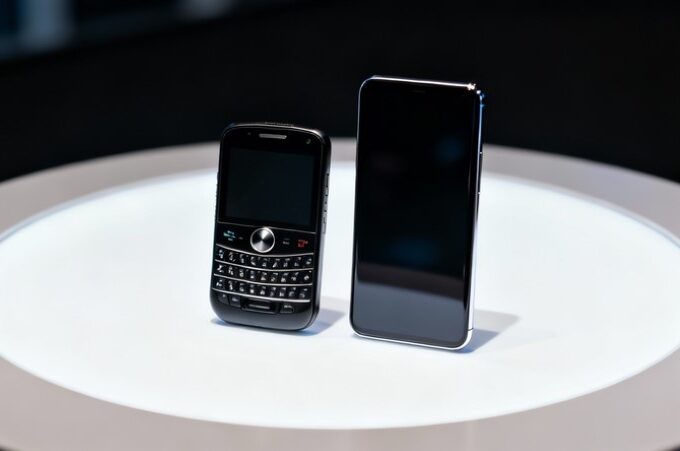On January 30th, Elon Musk announced on the social platform X that the first human received an implant from Neuralink, the brain-machine interface company, yesterday and is currently recovering well. Initial results indicate promising prospects for neural spike detection.

Reportedly, thousands of people are currently in line, hoping to undergo brain implants from Neuralink, a company under Musk’s leadership. This information was disclosed by biographer Ashley Vance at the end of 2023. It is reported that Neuralink expects annual revenue to reach up to $100 million within five years. Earlier in 2023, the U.S. Food and Drug Administration approved Neuralink to conduct human trials of its devices, and by September 2023, the company began recruiting volunteers for its first human trials.
According to an email response from Neuralink on October 4, 2023, the company is recruiting patients with diseases such as limb paralysis, quadriplegia, hearing loss, major amputations, and cataracts. However, critics like Cai Lei, former vice president of JD Group, believe that brain-machine interfaces cannot save lives; they can only enhance communication. He stated in a September 23, 2023 interview, “I currently don’t have time to participate in experiments.”
In recent years, inspired by Musk, visionary neuroscientists have embarked on the ambitious journey of manipulating a machine to implant coin-sized devices into the human brain, creating a batch of superhumans with enhanced memory, eternal souls, and a blend of human and machine. However, this path is not without challenges.
The concept of brain-machine interfaces originated from the vision of Jacques Vidal, a computer scientist at the University of California, Los Angeles, in 1973. It involves detecting real-time signals from the brain using electrodes placed on the scalp and translating them for computer control.
2023 marks the 50th anniversary of the proposal of the brain-machine interface concept. During this year, both theoretical research and device development in brain-machine interface technology have experienced rapid advancement: Neuralink, under Musk’s leadership, obtained approval for clinical trials involving device implantation in the human brain; research teams at Stanford University and the University of California, San Francisco, collected electronic signals from volunteers’ brains using different types of implants and interpreted them using various algorithms; Bitbrain developed wearable brain sensing devices that can monitor electroencephalogram (EEG) signals with the help of artificial intelligence.
Acumen Research and Consulting, in a forecast report released in October of this year, predicts that the global brain-machine interface market will continue to expand in the coming years. This growth is expected to be driven by the increasing demand for assistive technologies, advancements in neurotechnology and machine learning, integration with virtual and augmented reality systems, and collaboration with AI technologies.

Various new developments have sparked a new round of investment frenzy. According to incomplete statistics from the reporter, Neuralink received two investments totaling $323 million in 2023 alone, raising its valuation to $5 billion. Precision Neuroscience also secured $41 million in Series B funding.
Looking at the market outlook, McKinsey has provided an estimate, suggesting that the potential market size for global medical applications of brain-machine interfaces is expected to reach $40 billion by 2030 and $145 billion by 2040. Among them, the potential application scale for serious medical applications primarily focused on treating central nervous system diseases is projected to be $15 billion in 2030 and $85 billion in 2040. The potential application scale for consumer medical applications primarily focused on emotion assessment and intervention is estimated to be $25 billion in 2030 and $60 billion in 2040.
“In 2024, we can expect significant advances in the field of brain-machine interfaces, especially noteworthy is the completion of the first human clinical trials by several leading brain-machine interface companies. The results of these trials are expected to provide crucial insights into cutting-edge neural interface technology and its potential to enhance brain-machine interface performance. These breakthroughs may impact the future development and application directions of brain-machine interfaces,” said Assistant Professor Liu Jia from the Harvard School of Engineering and Applied Sciences in an interview, selected for the “35 Innovators Under 35” global list by MIT Technology Review, is a leading expert in researching the use of flexible nanoelectronic materials to achieve non-invasive brain-machine interfaces.
Neuralink’s experimental plan is particularly ambitious. The company plans to perform 11 device implantation surgeries in 2024, 27 in 2025, 79 in 2026, and by 2030, this number will exceed 22,000 people. Neuralink’s implanted device, about the size of five stacked 10-cent coins, contains 1024 electrodes and is implanted through craniotomy by specially developed robots. The collected brain signals are interpreted by the user-side app.













Leave a comment